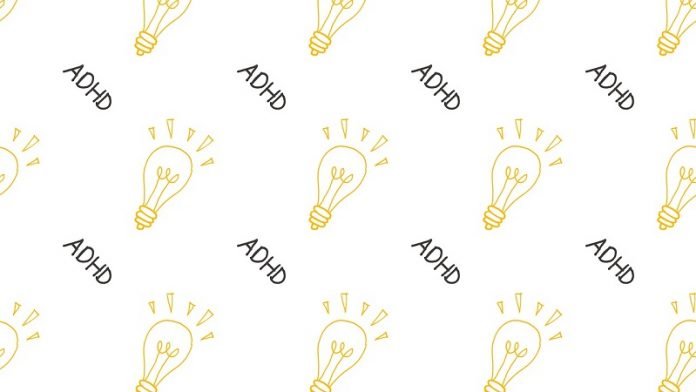
Some people with ADHD mainly have symptoms of inattention. Others mostly have symptoms of hyperactivity-impulsivity. Some people have both types of symptoms.
Many people experience some inattention, unfocused motor activity, and impulsivity, but for people with ADHD, these behaviors:
- are more severe
- occur more often
- interfere with or reduce the quality of how they function socially, at school, or in a job
Inattention
People with symptoms of inattention may often:
Overlook or miss details and make seemingly careless mistakes in schoolwork, at work, or during other activities
Have difficulty sustaining attention during play or tasks, such as conversations, lectures, or lengthy reading
Not seem to listen when spoken to directly
Find it hard to follow through on instructions or finish schoolwork, chores, or duties in the workplace, or may start tasks but lose focus and get easily sidetracked
Have difficulty organizing tasks and activities, doing tasks in sequence, keeping materials and belongings in order, managing time, and meeting deadlines
Avoid tasks that require sustained mental effort, such as homework, or for teens and older adults, preparing reports, completing forms, or reviewing lengthy papers
Lose things necessary for tasks or activities, such as school supplies, pencils, books, tools, wallets, keys, paperwork, eyeglasses, and cell phones
Be easily distracted by unrelated thoughts or stimuli
Be forgetful in daily activities, such as chores, errands, returning calls, and keeping appointments
Hyperactivity-Impulsivity
People with symptoms of hyperactivity-impulsivity may often:
Fidget and squirm while seated
Leave their seats in situations when staying seated is expected, such as in the classroom or the office
Run, dash around, or climb at inappropriate times or, in teens and adults, often feel restless
Be unable to play or engage in hobbies quietly
Be constantly in motion or on the go, or act as if driven by a motor
Talk excessively
Answer questions before they are fully asked, finish other people’s sentences, or speak without waiting for a turn in a conversation
Have difficulty waiting one’s turn
Interrupt or intrude on others, for example in conversations, games, or activities
Primary care providers sometimes diagnose and treat ADHD.
They may also refer individuals to a mental health professional, such as a psychiatrist or clinical psychologist, who can do a thorough evaluation and make an ADHD diagnosis.
For a person to receive a diagnosis of ADHD, the symptoms of inattention and/or hyperactivity-impulsivity must be chronic or long-lasting, impair the person’s functioning, and cause the person to fall behind typical development for their age.
Stress, sleep disorders, anxiety, depression, and other physical conditions or illnesses can cause similar symptoms to those of ADHD.
Therefore, a thorough evaluation is necessary to determine the cause of the symptoms.
Most children with ADHD receive a diagnosis during the elementary school years. For an adolescent or adult to receive a diagnosis of ADHD, the symptoms need to have been present before age 12.
ADHD symptoms can appear as early as between the ages of 3 and 6 and can continue through adolescence and adulthood.
Symptoms of ADHD can be mistaken for emotional or disciplinary problems or missed entirely in children who primarily have symptoms of inattention, leading to a delay in diagnosis.
Adults with undiagnosed ADHD may have a history of poor academic performance, problems at work, or difficult or failed relationships.
ADHD symptoms can change over time as a person ages. In young children with ADHD, hyperactivity-impulsivity is the most predominant symptom.
As a child reaches elementary school, the symptom of inattention may become more prominent and cause the child to struggle academically.
In adolescence, hyperactivity seems to lessen and symptoms may more likely include feelings of restlessness or fidgeting, but inattention and impulsivity may remain.
Many adolescents with ADHD also struggle with relationships and antisocial behaviors. Inattention, restlessness, and impulsivity tend to persist into adulthood.
If you care about ADHD, please read studies about what causes ADHD and can it be cured, and new drug to reduce daydreaming, fatigue, and brain sluggishness in ADHD.
For more information about brain health, please see recent studies about common foods that may sharp your brain, and results showing this supplement may boost brain function.



